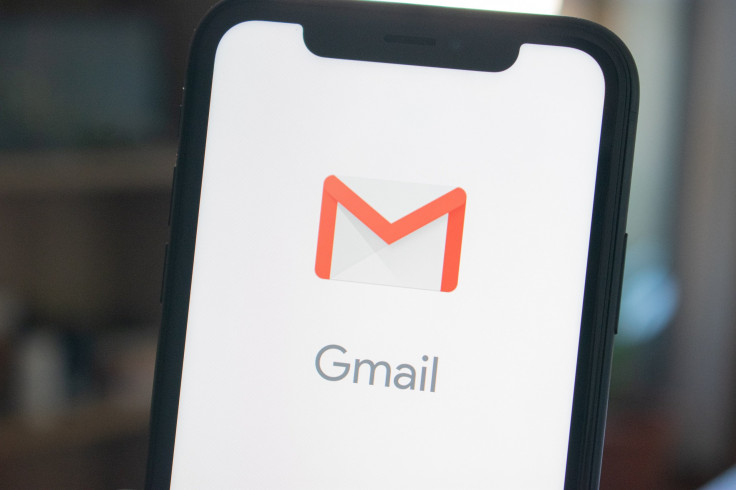Google Blocks 18M COVID-19 Email Scams On Gmail Daily; How To Protect Yourself

KEY POINTS
- Google recently warned Gmail users of the latest mode cybercriminals use to victimize Gmail users
- The search engine giant claims that it blocks on the average around 18 million scam Gmail emails every day
- Google uses
Google's Gmail has around 1.5 billion users. The search engine giant recently reported that it is blocking an average of 18 million hoax emails related to COVID-19 daily on Gmail. Aside from the phishing emails and malware, Google said, it blocked over 240 million COVID-19 themed spam messages.
COVID-19 Malicious Emails To Gmail Users
In a recent blog post, the search engine giant reported the staggering number of malicious COVID-19 themed emails sent to Gmail accounts. According to Google, attackers are exploiting the global health crisis, posing as government authorities like the WHO and taking advantage of less secure remote setups. Google revealed that scams and phishing attacks usually create a false sense of urgency to make users respond.
The search engine giant shared that it is able to detect and block these types of malicious email because of its malware scanner that utilizes deep learning technology. This technology can sense malware on 300 billion attachments every week, with 63 percent of these shady docs blocked by Gmail every day. "This is in addition to more than 240 million COVID-related daily spam messages. Our machine learning models have evolved to understand and filter these threats, and we continue to block more than 99.9 percent of spam, phishing, and malware from reaching our end users," Google said.
Protect Yourself From Gmail COVID-19 Scam Emails
For users on G Suite, Google shares that malware controls and advanced phishing controls are by default turned on. In other words, those in G Suite have automatic proactive protections. The search engine giant also offers a list of practices that everyday users and organizations could use to protect themselves.
Google points out completing Security Checkup to improve the security of the account. Users must also avoid downloading files with shady origin and file names. If users want to open it out of curiosity, Gmail has a built-in document preview to check it safely.
Additionally, users should first check the integrity of the URLs before offering their information online or clicking the link. Fake URLs usually copy the real URLs; however, it uses extra words. Users who received malicious emails can report it using the support resources of Google.
© Copyright IBTimes 2024. All rights reserved.






















